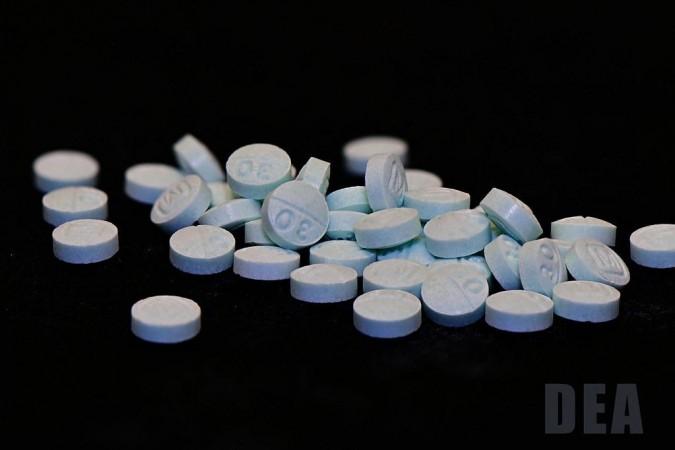
In an unprecedented move, the U.S. Embassy in New Delhi has revoked and denied visas for an Indian CEO and his family members over alleged links to trafficking fentanyl precursors, marking the first time corporate leadership from India has been targeted in Washington's escalating war against synthetic opioids.
The action, confirmed on Thursday, was taken under sections 221(i), 212(a)(2)(C), and 214(b) of the U.S. Immigration and Nationality Act, which allow for the denial of visas to individuals believed to be involved in or benefiting from drug trafficking. As a result, the Indian company executives and family members have been rendered ineligible to travel to the United States.
"The U.S. Embassy in New Delhi remains steadfast in its commitment to combating illicit drug trafficking. Individuals and organizations involved in the illegal production and trafficking of drugs to the United States, along with their families, will face consequences that may include being denied access to the United States," affirmed Chargé d'affaires Jorgan Andrews.
Crackdown on fentanyl precursors
The embassy's statement noted that executives connected to companies known for trafficking fentanyl precursors will face "heightened scrutiny" in their visa applications. This reflects the Trump administration's broader policy of cutting off transnational supply chains, which have fueled America's deadliest drug crisis.

Fentanyl—a synthetic opioid up to 50 times more potent than heroin—has been at the center of the U.S. overdose crisis, contributing to more than 100,000 deaths annually. While China has historically been the primary source of fentanyl and its analogues, enforcement pressure there has pushed production and precursor supply chains into other countries, including India.
Precursor chemicals are legitimate industrial/chemical inputs that can be diverted or sold illicitly to produce fentanyl. International (UNODC/INCB) and national regulators have been expanding controls on known fentanyl precursors, but synthesis methods and substitute chemicals continue to evolve. This is a key reason U.S. authorities monitor and act against supply chains and corporate actors linked to precursor trafficking.
The U.S. Embassy emphasized that the decision was taken in close coordination with Indian authorities. "Stopping the flow of fentanyl, including its precursors, to the United States is one of our top priorities. We are grateful to our counterparts in the Government of India for their close cooperation to combat this shared challenge," Andrews added.
In what could rattle India's powerful pharmaceutical and chemical industries, sources within the FBI's India liaison office hinted that "there's more to come." The official suggested that additional executives, particularly those linked to companies with opaque export records or past warnings from U.S. regulators, may soon find themselves subject to visa revocations or denials.














